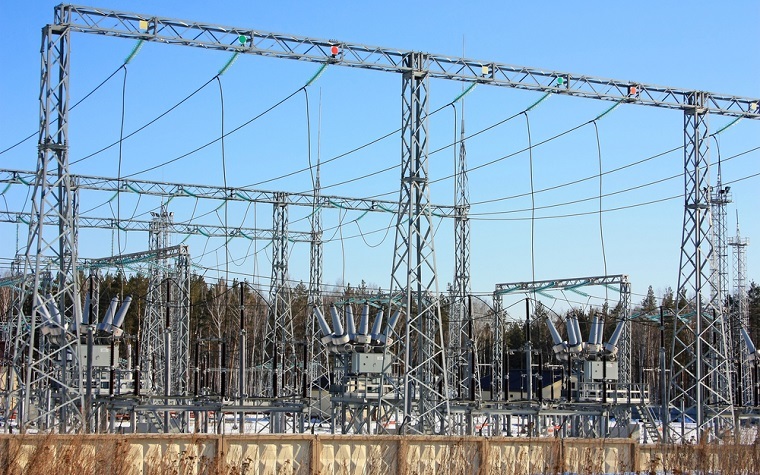The Defense Advanced Research Projects Agency (DARPA) aims to beef up cybersecurity that protects the nation’s energy infrastructure by releasing a research strategy to study cyber attacks in the early stages.
DAPRA announced its intentions recently through a Broad Agency Announcement, detailing the Rapid Attack Detection, Isolation and Characterization Systems (RADICS) program, which will eventually be an automated system that helps engineers restore power to the grid in seven days or less to assist overwhelmed energy companies.
“If a well-coordinated cyberattack on the nation’s power grid were to occur today, the time it would take to restore power would pose daunting national security challenges,” John Everett, DARPA program manager, said. “Beyond the severe domestic impacts, including economic and human costs, prolonged disruption of the grid would hamper military mobilization and logistics, impairing the government’s ability to project force or pursue solutions to international crises.”
RADICS aims to focus on preventive efforts as well through a high-sensitivity detection system that can better distinguish between an attack and a normal outage.
“Isolating affected utilities from the Internet would enable recovery efforts to proceed without adversary surveillance and interference, and providing an alternative means for online coordination would enable a more orderly restoration of power among affected organizations," Everett said.


 Alerts Sign-up
Alerts Sign-up